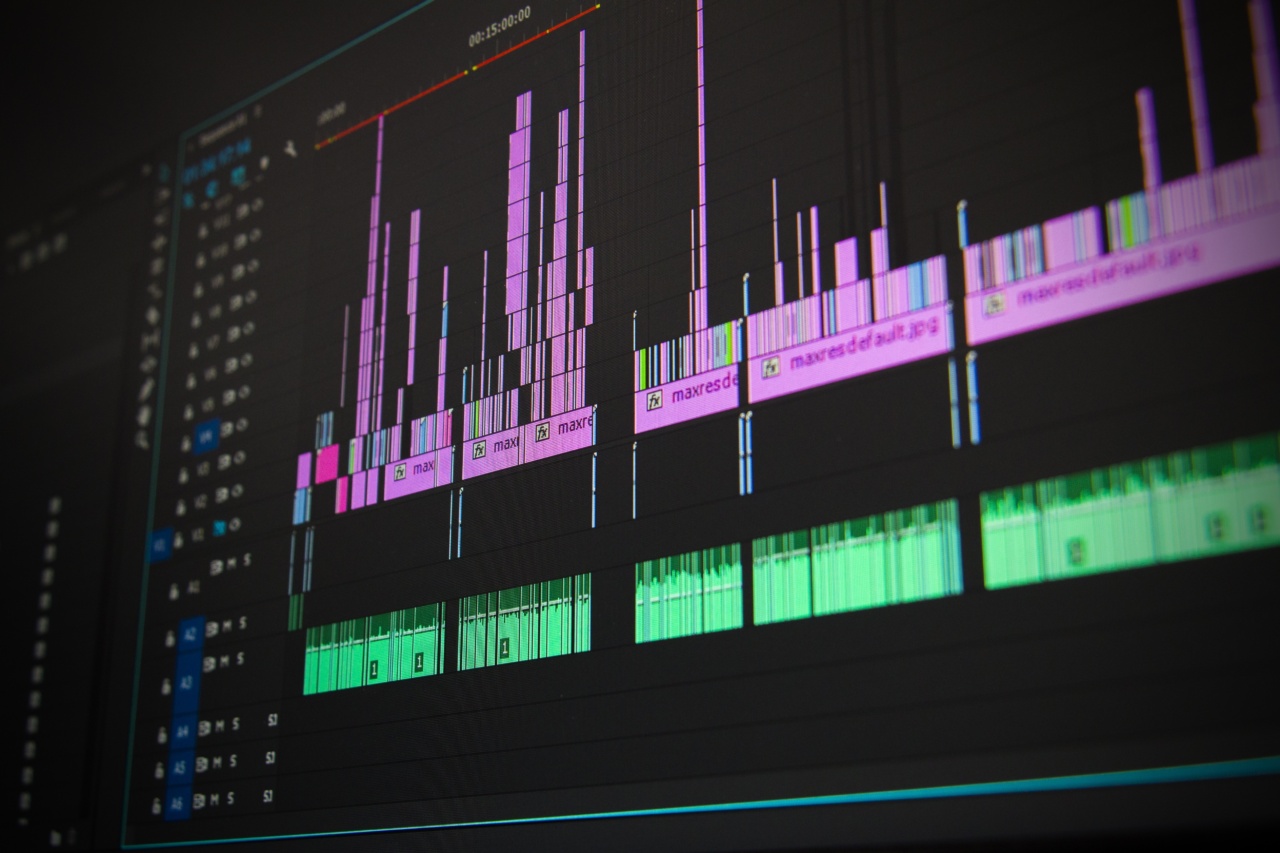Growth hormone (GH) is responsible for the growth, repair, and regeneration of cells in the human body.
It is secreted by the pituitary gland, a small gland located at the base of the brain, in response to a complex interplay of chemical signals and factors.
What is Growth Hormone?
Growth hormone, or somatotropin, is a protein hormone produced by the pituitary gland. It plays a crucial role in the development, growth, and maintenance of the human body.
GH stimulates the production of insulin-like growth factor 1 (IGF-1), a hormone that promotes cell growth and replication in various tissues and organs. GH production is regulated by the hypothalamus, a part of the brain that releases two peptides, growth hormone-releasing hormone (GHRH) and somatostatin, also known as growth hormone-inhibiting hormone (GHIH).
GHRH activates the secretion of GH, while somatostatin inhibits it.
How is Growth Hormone Secreted?
Growth hormone secretion is governed by a pulsatile pattern, meaning that it is released in bursts or pulses, rather than continuously.
The frequency, amplitude, and duration of these pulses are influenced by several factors, including age, sex, sleep, exercise, stress, and nutrition.
During childhood and adolescence, GH secretion is highest, promoting the growth and maturation of bones, muscles, and organs. GH levels decline with age, leading to a decrease in bone density, muscle mass, and immune function.
GH secretion is also influenced by sex hormones, as testosterone and estrogen have a stimulatory effect on GH production. In general, men have higher GH levels than women, and GH secretion is greatest during puberty.
Sleep is another important factor in GH secretion. The majority of GH pulses occur during deep, slow-wave sleep, which is also characterized by the release of other hormones, such as prolactin (PRL) and cortisol.
Sleep deprivation or disrupted sleep can lead to a decrease in GH production and secretion, as well as impairments in cognitive and physical performance.
Exercise, particularly high-intensity resistance training, can also stimulate the secretion of GH. Exercise-induced GH secretion is mediated by the sympathetic nervous system and the release of lactate and other metabolites.
However, the magnitude and duration of the GH response to exercise depend on several factors, such as exercise intensity, duration, frequency, and intensity.
Stress, both physical and emotional, can also affect GH secretion. Acute stress, such as a strenuous workout or a sudden fright, can increase GH levels, while chronic stress can lead to a decrease in GH production and secretion.
Nutritional status is another important determinant of GH secretion. Fasting or caloric restriction can stimulate GH secretion, while high-carbohydrate and high-fat meals can inhibit it.
What are the Effects of Growth Hormone?
Growth hormone exerts a wide range of effects on the human body, including:.
- Stimulating cell growth and proliferation
- Promoting protein synthesis and muscle growth
- Enhancing bone density and mineralization
- Regulating glucose and lipid metabolism
- Suppressing appetite and promoting lipolysis (fat breakdown)
- Stimulating the immune system
- Improving cognitive function and mood
- Modulating the aging process
GH acts on various tissues and organs by binding to specific receptors and activating intracellular signaling pathways. GH stimulates the production of IGF-1, which mediates many of the anabolic effects of GH, such as muscle growth and bone formation.
GH also acts directly on adipose tissue, promoting the breakdown of fat cells and the release of free fatty acids into the bloodstream.
GH also plays a role in glucose and lipid metabolism. It stimulates the liver to produce glucose and gluconeogenesis, or the synthesis of new glucose from non-carbohydrate sources, such as amino acids and fats.
GH can also promote insulin resistance and increase lipolysis, or the breakdown of fats, which can lead to increased blood levels of fatty acids and triglycerides.
Growth Hormone Deficiency
Growth hormone deficiency (GHD) refers to a condition in which the body does not produce enough growth hormone.
GHD can occur in children or adults, and can have a variety of causes, such as genetic disorders, brain tumors, radiation therapy, or traumatic brain injury. GHD can result in a range of symptoms, such as:.
- Delayed growth and development in children
- Reduced muscle mass and strength
- Increased adiposity and reduced bone density
- Impaired immune function and wound healing
- Poor cognitive function and social functioning
If left untreated, GHD can lead to significant impairments in physical and mental health, as well as decreased lifespan.
The most common treatment for GHD is daily injections of synthetic GH, which can improve growth, body composition, and quality of life.
Growth Hormone and Anti-Aging
Growth hormone has been popularized as an anti-aging therapy, due to its ability to promote muscle growth, fat loss, and cognitive function.
However, the use of GH as an anti-aging therapy is controversial, as it can have significant side effects and risks. GH supplementation can increase the risk of metabolic and cardiovascular disease, as well as cancer and diabetes. GH therapy can also lead to a range of side effects, such as joint pain, swelling, and stiffness, carpal tunnel syndrome, and edema.
Furthermore, the benefits of GH therapy for anti-aging are unclear, as most studies have been small, short-term, and of low quality.
Many of the purported benefits of GH therapy, such as improved cognitive function, body composition, and cardiovascular health, can be achieved through other means, such as exercise, nutrition, and lifestyle modifications.
Conclusion
Growth hormone is a crucial hormone for the growth, development, and maintenance of the human body. It is regulated by a complex interplay of chemical signals and factors, such as the hypothalamus, sleep, exercise, stress, and nutrition.
GH exerts a wide range of effects on the human body, such as cell growth, protein synthesis, bone formation, and glucose metabolism.
Growth hormone deficiency can lead to a range of symptoms and impairments, and can be treated with synthetic GH injections. However, the use of GH as an anti-aging therapy is controversial, as it can have significant risks and side effects.
The best ways to promote health and longevity are through a healthy lifestyle, such as regular exercise, balanced nutrition, restful sleep, and stress management.





























